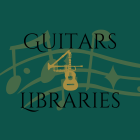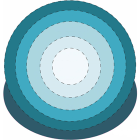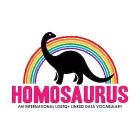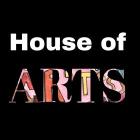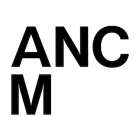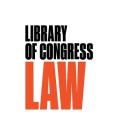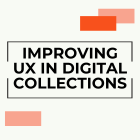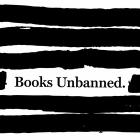Grieve with Me: A Children's Grief Library
Grief is a unifying human experience that is notoriously hard to quantify and express. It is also highly contextual, shaped by our environments, identities, and relationships to the object of our grief. Research shows that reading fiction as bibliotherapy supports grieving children’s ability to express emotion, develop positive coping skills, make meaning, and heal. Unfortunately, grief in children’s fiction is inconsistently categorized, making it difficult to find resources that reflect specific grief experiences. Grieve with Me is a series of book lists that connect grieving children with fiction that depicts authentic representations of diverse identities, grief experiences, and healing narratives.

